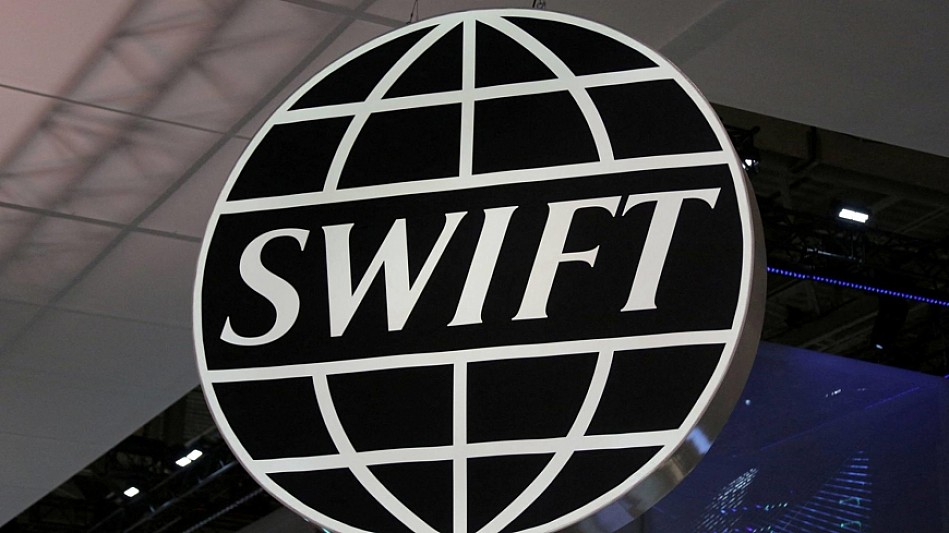Banks Quietly Shift Toward Ripple as SWIFT Rivalry Heats Up
26.05.2025 19:00 1 min. read Alexander Stefanov
A growing number of banks are quietly integrating Ripple’s blockchain infrastructure to improve cross-border transactions, opting for a hybrid model that doesn’t require replacing their legacy systems.
This approach mirrors how they currently connect to SWIFT, allowing for smoother adoption.
Ripple’s appeal lies in faster settlements and lower fees, using XRP as a bridge asset. Unlike SWIFT, which can take days, Ripple enables near-instant payments. Integration is made easier through the Interledger Protocol, which connects traditional systems to blockchain networks without disrupting internal operations.
Although central banks like those in the UK and Canada remain cautious—citing scalability and privacy concerns—financial institutions are increasingly drawn to Ripple’s ability to modernize payments without full infrastructure overhauls.
The future may not belong to a single blockchain but to interconnected networks, a vision echoed by former Ripple advisor Marcus Treacher. For now, Ripple’s model offers banks a practical path forward: blockchain benefits with minimal disruption.
-
1
Binance Introduces First Bonding Curve-based Token Launch With Four.Meme Collaboration
14.07.2025 21:00 2 min. read -
2
Telegram Launches TON Wallet for U.S. Users, Unlocking in-app Crypto Features
22.07.2025 17:30 2 min. read -
3
Western Union Explores Stablecoin Integration After GENIUS Act Approval
22.07.2025 10:00 2 min. read -
4
Polymarket Eyes Launching Stablecoin to Capture Reserve Profits
23.07.2025 10:30 2 min. read -
5
JPMorgan Eyes Crypto-backed Loans Amid Favorable U.S. Policy Shift
22.07.2025 9:35 2 min. read
Goldman Sachs and BNY Launch Tokenized Money Market Funds for Institutions
Goldman Sachs and BNY are set to unveil a groundbreaking blockchain initiative that will allow institutional investors to purchase tokenized shares of money market funds, according to CNBC.
Polymarket Eyes Launching Stablecoin to Capture Reserve Profits
Polymarket, the fast-growing crypto prediction market, is exploring the launch of its own stablecoin to capitalize on the yield generated from reserves backing USDC deposits.
PNC Bank Partners with Coinbase to Bring Crypto Trading to Clients
PNC Financial Services Group has teamed up with Coinbase, enabling select customers to buy and sell cryptocurrencies directly from their PNC accounts.
Telegram Launches TON Wallet for U.S. Users, Unlocking in-app Crypto Features
Telegram has officially rolled out its TON Wallet to users in the United States, marking a major step forward in the integration of blockchain and messaging.
-
1
Binance Introduces First Bonding Curve-based Token Launch With Four.Meme Collaboration
14.07.2025 21:00 2 min. read -
2
Telegram Launches TON Wallet for U.S. Users, Unlocking in-app Crypto Features
22.07.2025 17:30 2 min. read -
3
Western Union Explores Stablecoin Integration After GENIUS Act Approval
22.07.2025 10:00 2 min. read -
4
Polymarket Eyes Launching Stablecoin to Capture Reserve Profits
23.07.2025 10:30 2 min. read -
5
JPMorgan Eyes Crypto-backed Loans Amid Favorable U.S. Policy Shift
22.07.2025 9:35 2 min. read


